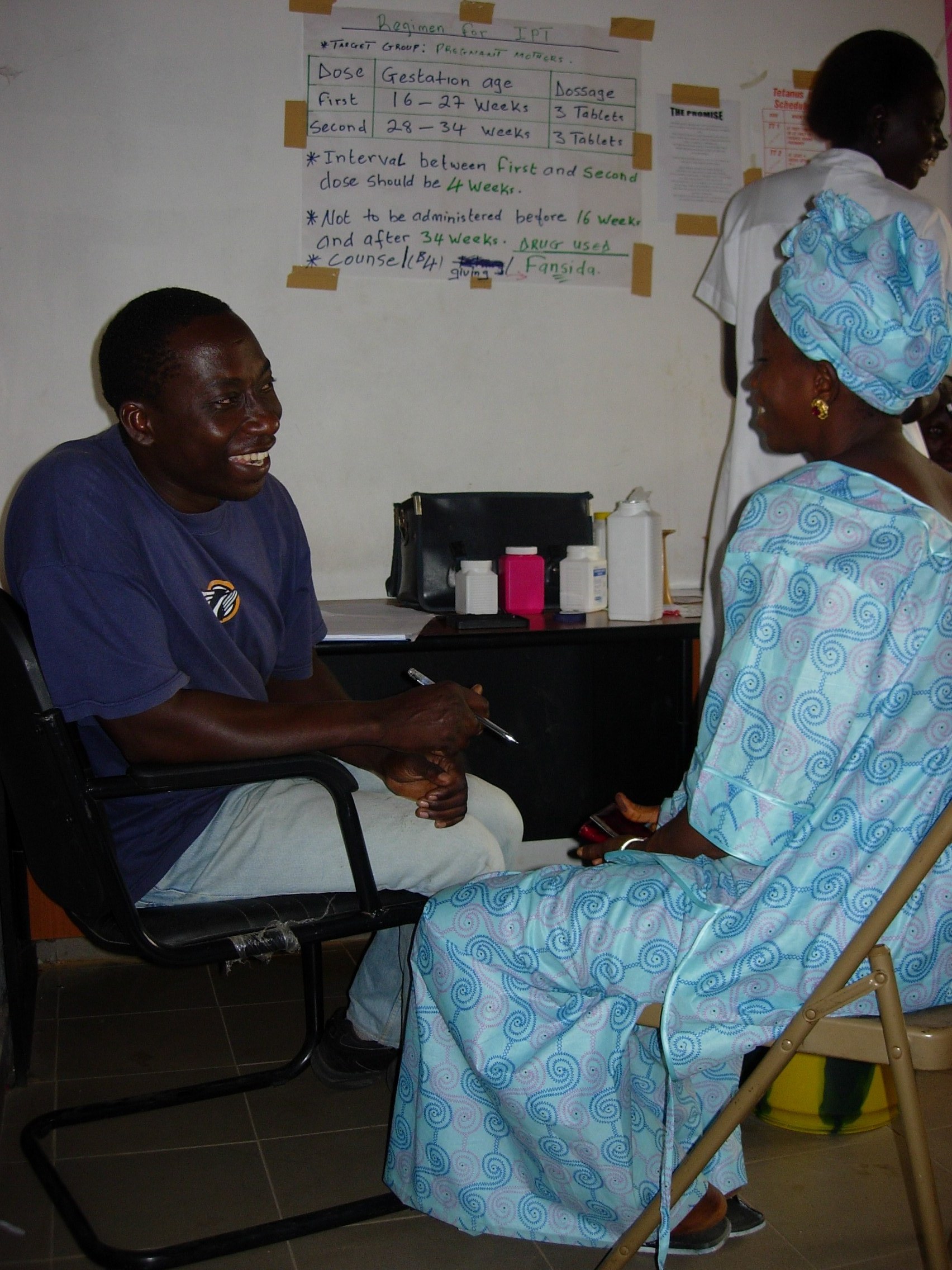
At the Medical Research Centre in The Gambia we have been working on the best way to add to our collection of controls samples. The aim is to maximize the potential of the severe malaria cases that we are contributing to the MalariaGEN Consortial Project 1.
To match the severe malaria cases we needed to increase the number of controls in our collection by approximately 2000. Having carefully considered the ethical issues associated with collecting such samples from healthy children we decided to use cord bloods.
Obtaining Informed Consent for Cord Blood Samples
Collecting cord blood samples presents challenges regarding the timing of consent as there are concerns about the appropriateness of seeking consent during labour. An alternative is to consent during antenatal health checks but this also presents challenges in settings where such checks are not routine. These are issues that our ethics committee asked us to consider when they granted their approval. So we piloted a study to evaluate the feasibility and appropriateness of both approaches.
Study to Assess Cord Blood Collection Methods
The recruitment went very well and we collected 1,500 cord blood samples and 1,500 mouth swabs from the mothers. We found that although the supporting staff appeared to prefer antenatal consent, the women themselves didn’t feel uncomfortable giving consent during labour. One important issue is that many of the women who attend the antenatal clinic go home to their families to give birth. Because of this, only about 13.4 % of the women who gave antenatal consent, also gave birth in our clinic.
This indicated that while antenatal consenting is not an efficient method of collecting large numbers of cord blood samples for population studies, consenting during labour seems both appropriate and effective. However, we may not necessarily be able to generalise the results we obtained from this semi-urban populations to other populations.

